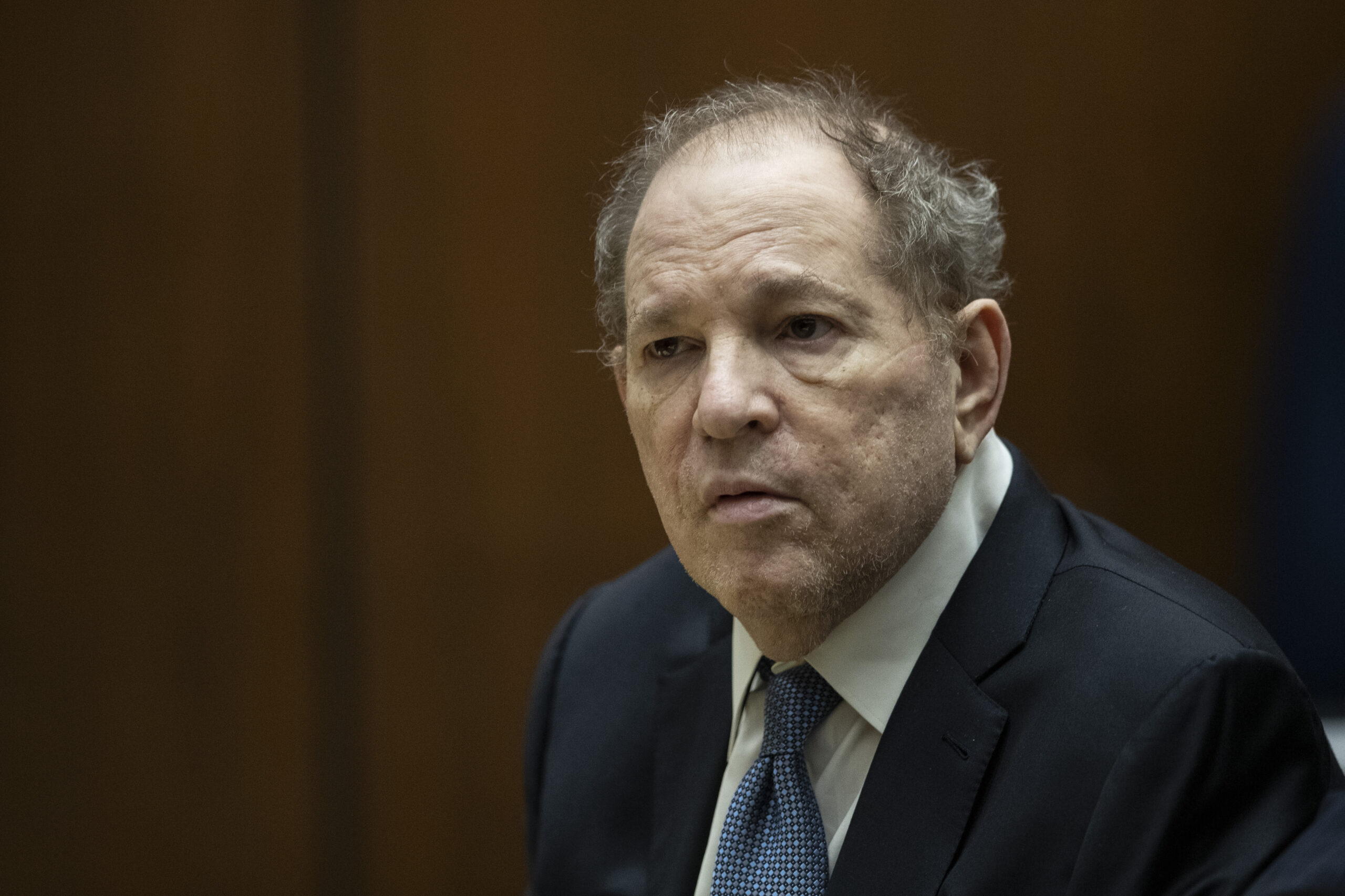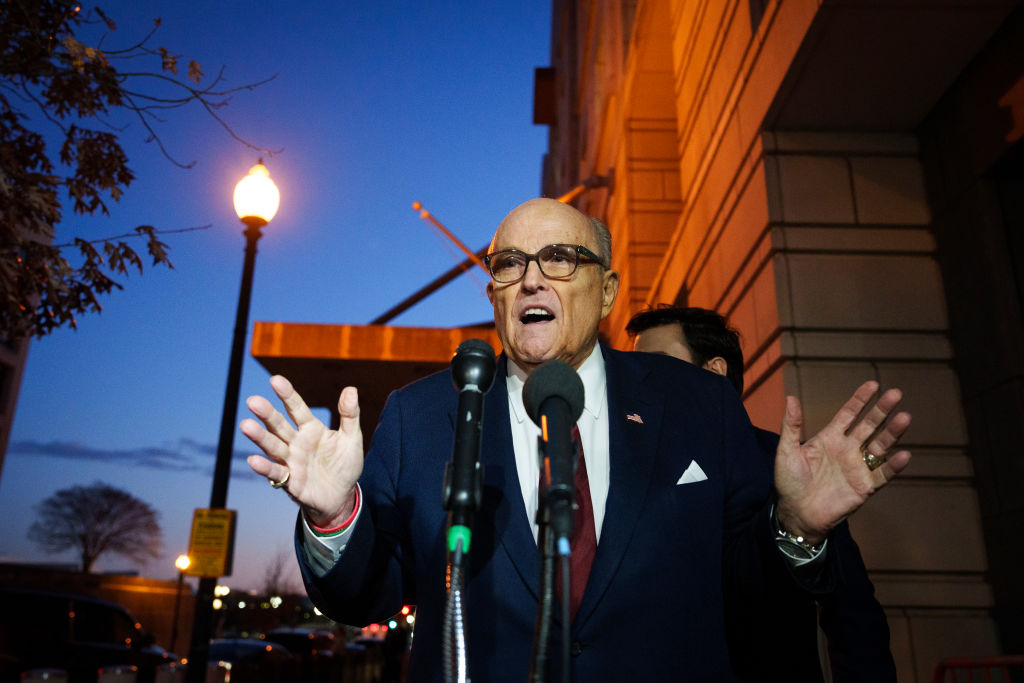Utah Court Rejects Challenge To Medical Marijuana Law
Aug 7, 2019, 2:04 PM | Updated: Jun 8, 2022, 5:03 pm

(Photo by Uriel Sinai/Getty Images)
(Photo by Uriel Sinai/Getty Images)
SALT LAKE CITY (AP) — The Utah Supreme Court has rejected a challenge to a state law that replaced the voter-approved law legalizing medical marijuana.
The court on Tuesday dismissed the petition by The People’s Right group that argued the governor and the state Legislature acted unconstitutionally when they replaced the medical marijuana ballot initiative with a more restrictive law in December.
The group had argued that Republican Gov. Gary Herbert had effectively vetoed the original measure known as Proposition 2 by calling a special legislative session. State law does not allow vetoes on ballot initiatives.
Justice Paige Petersen wrote in the court opinion that the governor acted within his authority and can call special sessions in “exigent circumstances.”
The group had filed an application for a referendum on the new law immediately after lawmakers approved it. Lt. Gov. Spencer Cox denied the application, saying it did not meet certain statutory requirements and state law does not allow referendums on measures passed by two-thirds majorities in the state House and Senate.
The group asked the state Supreme Court to allow the referendum, arguing the two-thirds rule should not apply to ballot initiatives. The court rejected the argument.
The group has not said if it will pursue additional legal action.
Connor Boyack, president of the Libertas Institute and a supporter of Proposition 2, said he shared goals of the group’s effort, but he was not surprised about the court’s decision. He expects changes to the law will be made during the next legislative session. Boyack was not involved with the petition.
“We have found a great deal of consensus with some of the changes we are proposing,” Boyack told the Deseret News . “So we anticipate that in the next legislative session there will be quite a number of improvements to the medical cannabis law that will benefit patients even more and be something that the public strongly supports.”













